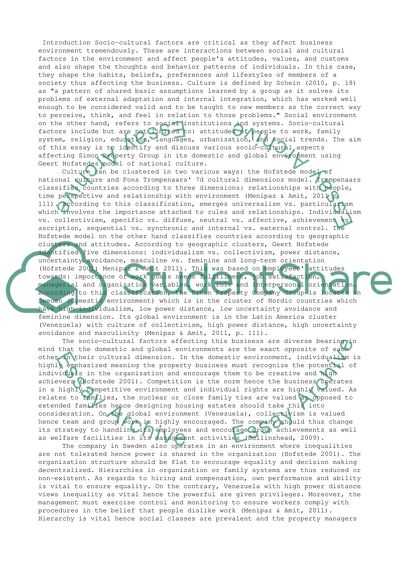Cite this document
(Simon Property Group - Sociocultural factors Research Paper, n.d.)
Simon Property Group - Sociocultural factors Research Paper. https://studentshare.org/business/1831982-simon-property-group-sociocultural-factors
Simon Property Group - Sociocultural factors Research Paper. https://studentshare.org/business/1831982-simon-property-group-sociocultural-factors
(Simon Property Group - Sociocultural Factors Research Paper)
Simon Property Group - Sociocultural Factors Research Paper. https://studentshare.org/business/1831982-simon-property-group-sociocultural-factors.
Simon Property Group - Sociocultural Factors Research Paper. https://studentshare.org/business/1831982-simon-property-group-sociocultural-factors.
“Simon Property Group - Sociocultural Factors Research Paper”. https://studentshare.org/business/1831982-simon-property-group-sociocultural-factors.


